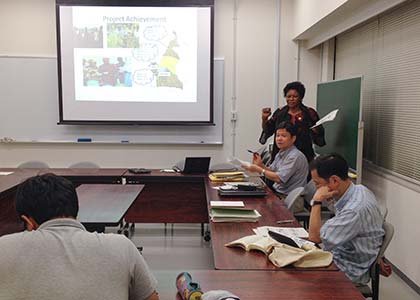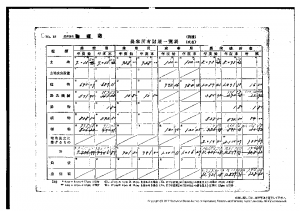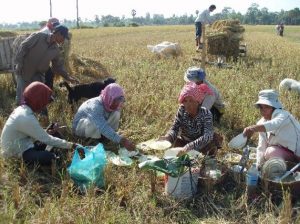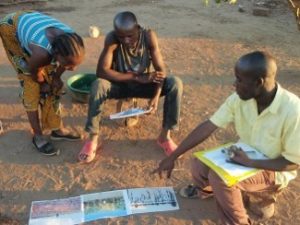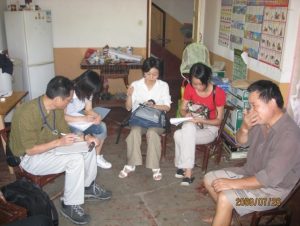International Agricultural Economics
International Rural Development
Home Page
Keywords
Households, Consumption, Saving, Poverty, Vulnerability, Intrahousehold Resource Allocation, Risk, Insurance, Agriculture, Technology Adoption, Misallocation, Culture, Africa, Fieldwork, Household Survey, Field Experiment, Development Economics, GIS, History
Themes
Empirical Studies on Household Behavior in Rural Africa
Public Goods Management in Rural Africa
Application of Three-factor Two-good Model for Economic History in Thailand
Public Goods Management in Rural Africa
Application of Three-factor Two-good Model for Economic History in Thailand
Staff
Outline
While many development indicators related to the SDGs have shown significant improvement, the situation in sub-Saharan Africa (SSA) paints a different picture. Over the past three decades, the number of people living in extreme poverty, defined as surviving on less than $2.15 a day, has increased in this region. Agriculture remains pivotal in SSA’s economy. Stagnant agricultural productivity growth, slow technology diffusion, inefficient allocation of factors of production, and vulnerability to shocks are often cited as background factors behind its underdevelopment.
Addressing these outstanding issues requires a profound understanding of the economic incentives facing farmers and their decision-making processes. The Laboratory of International Rural Development aims to contribute to this process through rigorous empirical research to uncover the underlying causes and consequences of development issues. By applying econometric methods to field survey data, our research tests hypotheses grounded in microeconomic theory and evaluates policy interventions proposed as sustainable solutions. Through our research activities, we strive to confront the complex challenges faced by populations in developing countries, seeking pathways towards improved livelihoods.
Addressing these outstanding issues requires a profound understanding of the economic incentives facing farmers and their decision-making processes. The Laboratory of International Rural Development aims to contribute to this process through rigorous empirical research to uncover the underlying causes and consequences of development issues. By applying econometric methods to field survey data, our research tests hypotheses grounded in microeconomic theory and evaluates policy interventions proposed as sustainable solutions. Through our research activities, we strive to confront the complex challenges faced by populations in developing countries, seeking pathways towards improved livelihoods.
Other Laboratories
- Management & Information of Agricultural Enterprise :
Agri-Food System Management | Farm Managerial Information and Accounting - International Agricultural Economics :
Regional Environmental Economics | Food and Environmental Policy | Forest Policy and Economics | International Rural Development - Comparative Agricultural History & Philosophy of Agricultural Science :
Comparative Agricultural History | Philosophy of Agricultural Science

